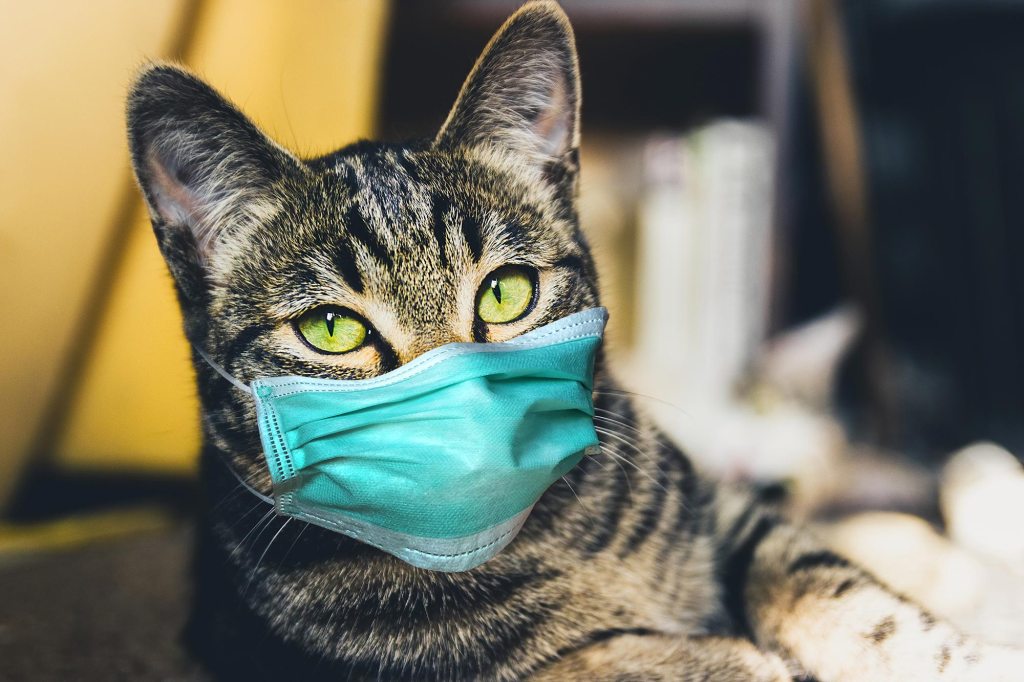
Cats are susceptible to SARS-CoV-2. Considering the close contact that exists between humans and cats, this is worrisome. Virus transmission between species bears a particular risk of leading to the development of new virus variants. Therefore, the aim of this review was to provide a comprehensive overview about what is known about the role of cats regarding the spread of SARS-CoV-2 to guide further research and inform policy makers. The main outcome of this review was that while cats are susceptible to the virus and transmission from humans to cats happen regularly, there is currently no evidence of widespread SARS-CoV-2 circulation among cats. Overall, cats seem to play little role in the spread of the virus. Nevertheless, this review also revealed substantial gaps in research. For instance, large-scale studies including more cats are needed to solidify evidence gathered from individual studies. Moreover, the role stray, feral, and shelter cats has attracted little research as well as the possibility of cat-to-cat virus transmission beyond experimental infection. Tackling these gaps in research is important to adequately evaluate the danger of cats’ susceptibility to SARS-COV-2 now and in the future. Beyond more research, surveillance, and careful interaction with pet cats, we need to tackle the actual root problem more. We need to carefully examine and rethink the current relationship humanity has with animals and ecosystems at large.
Read the full paper here: Doliff R., & Martens, P. (2022) Cats and SARS-CoV-2: A Scoping Review. Animals. 12(11):1413.

There are many more ethical questions about keeping pets: food production, an abundance of variety in the supermarkets while other people are starving. It should also be forbidden that people take away animal their freedom. And the madness about pets being allowed in hotels. What is wrong with people (in the west)?!